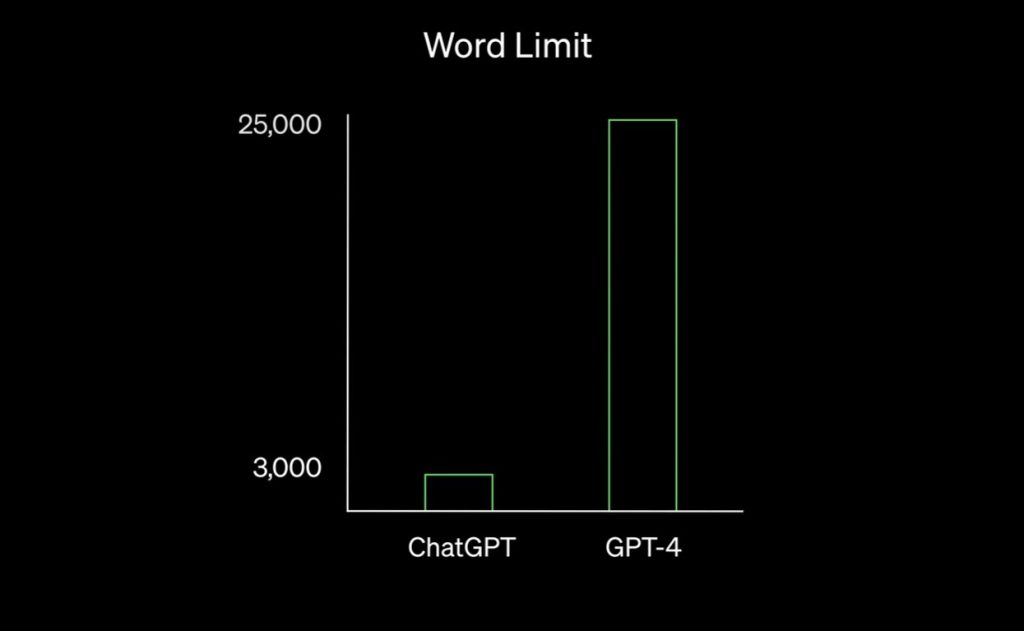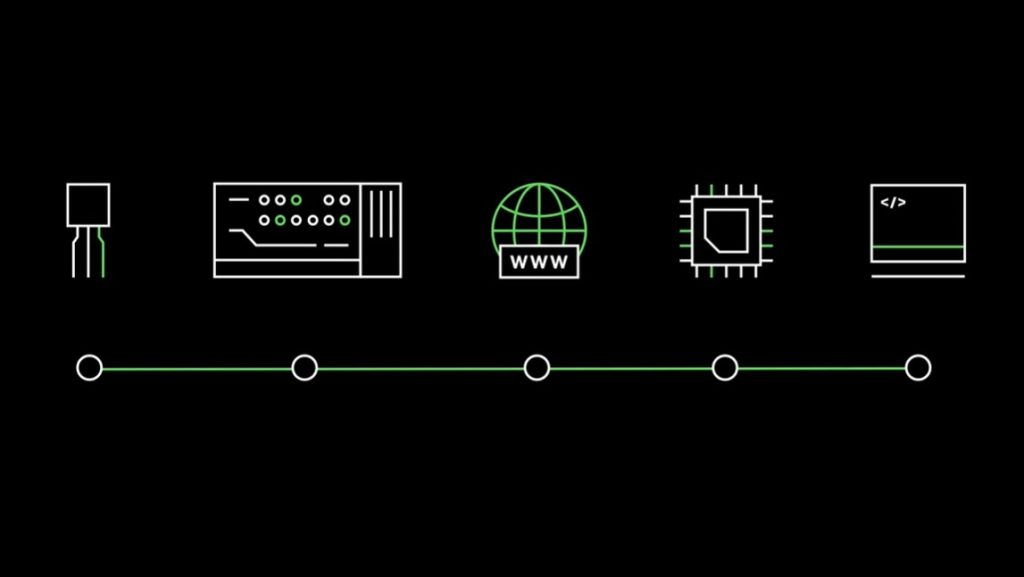The latest AI model, GPT-4, has been launched by Open AI. It boasts human-level performance in various professional and academic benchmarks, but its capabilities and limitations are still being explored.
Compared to its predecessor, GPT-3.5, GPT-4 is more dependable, inventive, and proficient at interpreting complex directives. OpenAI has implemented numerous modifications to enhance the safety of GPT-4, addressing concerns from GPT-3.5. However, as it was trained on data only up to September 2021, GPT-4 may exhibit occasional logical errors when dealing with recent events.
Capabilities of ChatGPT 4
GPT-4 surpasses its predecessor, GPT-3.5, in terms of reliability, creativity, and ability to handle complex directives. OpenAI conducted extensive benchmark tests, including simulated exams designed for humans, and GPT-4 demonstrated superior performance to existing large language models.

Additionally, GPT-4 exhibits excellent performance in languages other than English, even in low-resource languages like Latvian, Welsh, and Swahili.
Visual Inputs
GPT-4 has the ability to process both textual and visual inputs, allowing it to generate text outputs based on a combination of text and images.
Although the model’s visual input feature is still in the research preview stage, it has demonstrated similar proficiency to text-only inputs.
What are the limitations of ChatGPT 4?
GPT-4, like previous GPT models, has limitations and is not infallible.
The model is still susceptible to producing erroneous information and logical fallacies, which underscores the importance of exercising caution when relying on its outputs, especially in high-stakes contexts.
Moreover, GPT-4’s knowledge is limited to data available until September 2021, potentially leading to flawed reasoning and acceptance of inaccurate statements as true.
GPT-4 may encounter difficulties similar to humans when confronted with complex problems, including potential security vulnerabilities in its code.
Predictions and outputs
The model can exhibit overconfidence in its predictions, leading to erroneous outputs, and may not always conduct thorough verification of its work.

A screenshot from ChatGPT-4 demo video by OpenAI
—
Interestingly, the base model demonstrates aptitude in predicting the accuracy of its responses, although this proficiency is diminished following post-training.
Although GPT-4’s capabilities are remarkable, they introduce new risks, such as generating harmful recommendations, flawed code, or erroneous information.
OpenAI has taken measures to address these risks, involving more than 50 specialists in adversarial testing of the model and collecting supplementary data to enhance GPT-4’s capacity to reject hazardous requests.
Consequently, OpenAI has implemented numerous enhancements to GPT-4, rendering it safer than its predecessor, GPT-3.5.
Growth of the LL model
Compared to its predecessor, GPT-4 has an 82% lower likelihood of generating inappropriate content, and it adheres more closely to guidelines concerning sensitive subjects such as medical advice and self-harm.
Despite efforts by OpenAI to enhance the model’s resistance to undesirable behavior, it remains possible for it to generate content that violates usage policies.
OpenAI acknowledges that GPT-4 can have both beneficial and detrimental effects on society, and is collaborating with other researchers to gain insights into its potential impacts.
Bing vs ChatGPT
Microsoft has confirmed that the latest Bing search experience is powered by GPT-4, although usage of the model is subject to limits. GPT-4 can also be accessed through a ChatGPT Plus subscription.
OpenAI may modify the usage limit based on demand and system performance and is contemplating introducing another subscription level to enable increased utilization of GPT-4.
To use the GPT-4 API, it is necessary to register for the waitlist.
The online presentation of ChatGPT 4 on YouTube
Greg Brockman, President and Co-Founder of OpenAI, presents a developer demo showcasing GPT-4 and some of its capabilities and limitations

